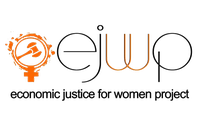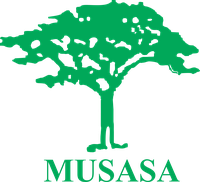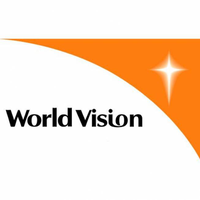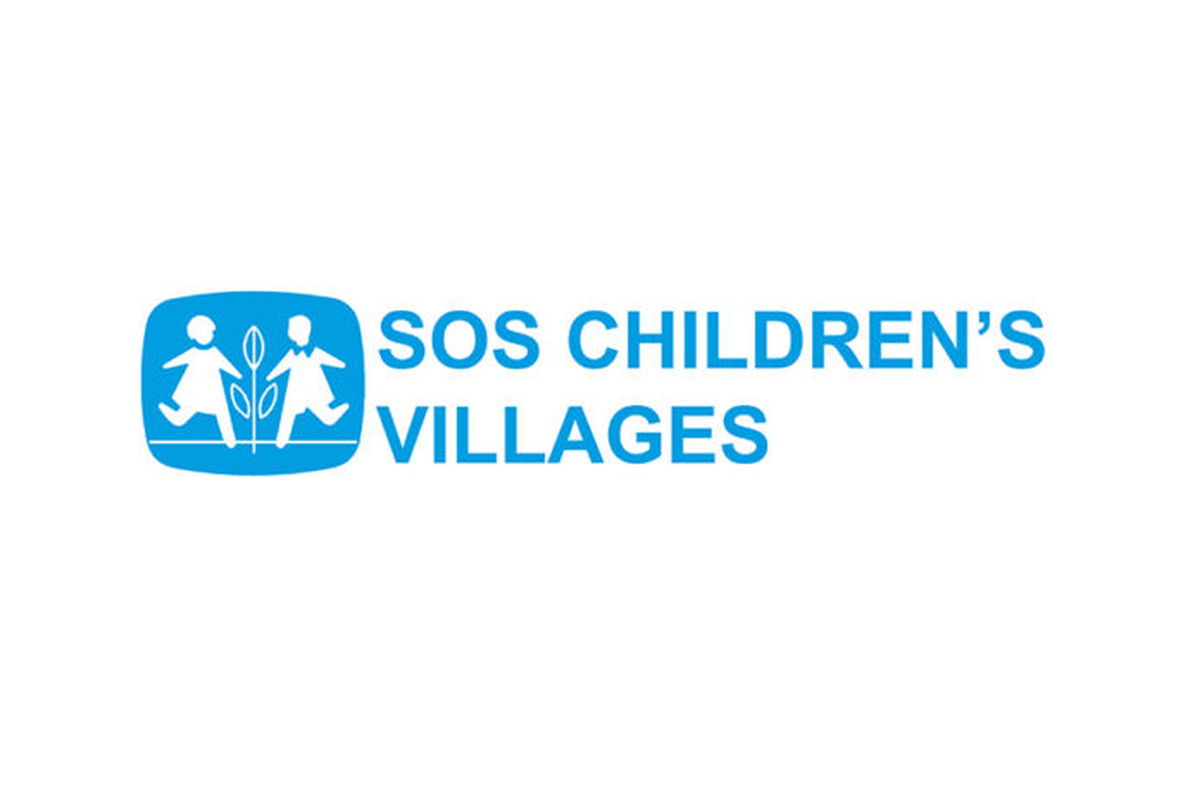Research Consultant
Ngo & Social Services Jobs
- Economic Justice for Women Pr…
- Expires 10 Aug 2022
- Bulawayo
- Part Time
Job Description
Background and context:
In the past two decades, Zimbabwe has experienced an economic crisis that has resulted in abject poverty amongst most of its citizens. Extreme poverty increased from 30% in 2017 to an estimated 49% during the pandemic (ZIMSTAT, 2020). The economic crisis resulted in the closure of industry, loss of remittance, price inflation for key goods and services, limited transport, constrained access to markets and widespread formal job losses, leading to the growth of parallel informal markets. Informal trading has become lucrative to the extent that in 2020, Zimbabwe was recorded as the second fastest growing informal economy in the world. As of 2021, it was estimated that between 80% to 90% percent of Zimbabweans were engaged in informal economic activities (World Bank, 2021). Women constitute the majority of the informal sector traders, at 66%. The informal economy is unregulated in Zimbabwe and there is a lack of gender-sensitive policies that fulfil the socio-economic rights of informal traders. The unregulated nature of the sector has left women in precarious employment. The working environment is characterized by congested operating spaces, sexual harassment from the public, and no social protection services. Such an environment has left women vulnerable to gender-based violence and gendered corruption. Women also face challenges with space barons and continuous demolitions of selling bays by local council officials as some spaces are not legally designated for vending. The first port of call for informal traders is the local authorities. However, they regulate the informal sector using outdated by-laws, vested with draconian colonial provisions designed to oppress the black people at that time. It is cumbersome, involving, and expensive to be a regulated informal trader with the local authorities. Women have found it difficult to navigate the sector and thus operate at the mercy of local authorities.
Zimbabwe’s economic laws have been rapidly changing to try and save the economy. Fiscal and monetary policies are unilaterally introduced with limited public consultation, as the stakeholders do not completely represent the whole population, especially young women operating in the informal sector. This eliminates the concept of inclusivity in policy formulation. Zimbabwe adopted a new Constitution in 2013 that has seen the inclusion of women’s rights and some local and global initiatives to support women. Yet, little has been implemented on the ground due to a lack of political will. The “Second Republic’s” austerity measures to boost economic recovery is an example of policies that are economically exclusive and has widened the inequality gap on many socio-economic fronts, particularly on gender. There has been a worldwide revolutionary commitment to improving the socio-economic position of women in society towards gender equality in the form of the Convention on the Elimination of Discrimination Against Women (CEDAW), which Zimbabwe ratified in 1991, Beijing Platform for Action (1995), the Sustainable Development Goals, particularly SDG 5. At a local level, Zimbabwe, through the Ministry of Women’s Affairs, Community, Small and Medium Enterprises Development (MWACSMED), launched the National Gender Policy in 2017 and the Women’s Bank in May 2018. Only 27% of women have access to formal banking products and 10% of total bank loans; thus, a limited percentage of women have access to credit. According to the UNDP human development report, sub-Saharan Africa loses around 95 billion a year due to gender inequality. The Center for Global Enterprise states that women entrepreneurs in Africa face barriers to innovation that stifle their growth. These include unequal access to business education, management training, lack of high-quality, affordable learning options, networking opportunities, peer groups, existing social norms and family responsibilities, unequal access to financial management training, confidence, and capital. The World Bank believes that the economic future of Africa is dependent on women, and it is an opportunity cost to the African economies to continue neglecting women in the economic discourse. Yet, they remain marginalized in the country’s and region’s mainstream economic conversation.
Objectives of the research:
The overall objective of the research is to develop an evidence-based baseline that will inform interventions that strengthen young women’s voice and agency in national resources governance in Zimbabwe.
Specific objectives are:
1. To demonstrate the relationship between fiscal justice and gender justice in the management of national resources in Zimbabwe.
2. To investigate to the extent to which economic policies serve the needs and interests of women operating in the informal economy of Zimbabwe.
3. To inform feasible approaches that can reduce challenges women in the informal economy face as a result of the lack of gender-sensitive policies in the informal economy of Zimbabwe.
4. To inform policy that strengthens young women’s voice, agency, and benefits from economic governance in Zimbabwe.
Scope of Work, Methodology, and Focus
The research findings will inform on the gaps highlighted to ensure gender-responsive policies for the informal economy, to further the government’s continuous commitment to equality and gender justice. The findings will confirm if these commitments are reflective on the ground and recommend a way forward in addressing the identified gaps in the form of a policy brief.
Duties and Responsibilities
Deliverables
Through feminist lenses, the consultant will:
1. Propose a methodology for the action research
2. Produce a detailed research paper clearly demonstrating the relationship between National Resources governance in Zimbabwe and the resultant status of women, particularly young women in the informal sector.
3. Demonstrate the effectiveness, relevance, and inclusivity of NRG processes in Zimbabwe, given the current status of women, particularly young women in the informal sector.
4. Define fiscal justice, gender justice, and the available global, regional, and national instruments in place to ensure gender justice in Zimbabwe.
5. To give detailed analyses of the political will towards gender-responsive NRG.
6. Use case studies outlining NRG models that could work for Zimbabwe towards attaining gender responsive-NRG that guarantees gender justice and equality in Zimbabwe.
7. Assess existing research and literature and verify findings with practical experiences on the ground (relate to socio-economic rights as provided for by the Zimbabwean constitution)
8. Critique why women matter in this NRG Matrix
9. Assess patriarchy and other structural barriers alienating Zimbabwean women from the National Resources Governance processes and share.
10. Elaborate on current governance structures (transparency, accountability) in economic governance and assess their status on inclusivity with specific regard to gendered inclusion.
11. Cite case studies in the region that can enhance the need for regional consortia and allies in the fight for gender-responsive economic governance.
12. Assess the National Development Strategy (NDS) in light of resolving the status quo and relate the findings to national and regional conventions that Zimbabwe ratified towards gender equality.
Roles and responsibilities:
● The consultant shall be responsible for the roles in accordance with the TORs
● The consultant will propose a methodology that will be approved by management and board members
● The consultancy fees include all administrative charges and any other costs the consultant may incur throughout the research process.
● The consultant will submit their draft to EJWP for review and shall factor in all recommended edits towards a final draft of the research.
● The consultancy fees include fees for proofreading and for the research design. The research report will be submitted to EJWP in its final and approved state.
● The consultant will present their research findings in a physical stakeholder engagement platform, and they will respond to any arising concerns, questions, and propositions towards an edited, validated version. EJWP will organize and facilitate this event providing all the support the consultant may require during this presentation.
● The project manager and the Board committee on research will ensure that the consultant delivers according to the TORs.
● The consultant is doing the research for EJWP. EJWP will own this research, and it will be availed to the public.
Timeline
Literature review and development of a research plan-August 15, 2022
Implementing the research plan and data analysis-August 19, 2022
Developing action plan-August 31, 2022
Research paper first draft-September 16, 2022
Research paper final draft-September 23, 2022
Power point presentation of the research paper-September 29, 2022
Qualifications and Experience
1. The consultant should have extensive knowledge and experience in National Resource governance in Zimbabwe and the region.
2. The consultant should have experience working with young women in Social and economic governance and justice in Zimbabwe toward gender justice
3. Knowledge of the impact of Economic governance on young women
4. The consultant should be a feminist and should have extensive research experience.
5. The consultant should have a minimum of a Master’s degree in academic qualifications and should be knowledgeable and familiar with global, regional, and local instruments on gender equality.
How to Apply
Consultants that meet the above criteria should submit their full proposals to ejwphr@gmail.com. Proposals should include:
1. A detailed proposed methodology
2. A detailed proposed budget
3. Detailed profiles of prospective consultants with a clear trail of qualifications and research experience.




